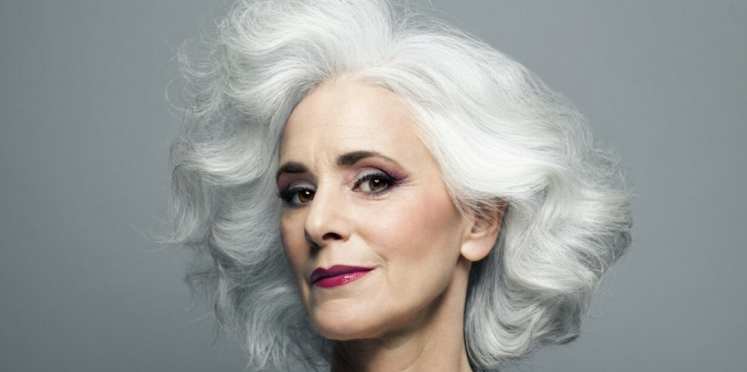
What No One Tells You About Aging
Whether it’s tabloids bashing women over 40, ads pedaling fillers and botox, or the sheer lack of representation, we’re told as women that aging is just about the worst thing we can do in life.
We’re taught that wrinkles are something to fear, gray hairs are unattractive, and that we should look away in shame from our stretch marks.
And yet, here’s the thing about aging: we all do it, and it’s one of the most natural things you could ever do. Over time, we all develop a few wrinkles, and our skin simply changes. It’s part of what makes us dynamic beings, and it’s a sign of a life that’s been truly lived.
But while aging is something to be embraced, that doesn’t mean we can’t do it gracefully.
Today, we’re talking about what they don’t tell you about aging, how our skin responds to it, and what we all can do to stay radiant well into our 80s.
How Does Our Skin Age?

Before we talk about how the skin ages, it helps to understand the layers of the skin, and what they do to protect us.
The three layers of our skin include the epidermis, dermis, and subcutaneous tissue.
The epidermis, the outermost layer of skin, is responsible for shedding dead skin and forming scar tissue.
Beneath the epidermis lies the dermis, comprising elastin, collagen fibers, fats, blood vessels, and elastin, working in unison to maintain skin elasticity, plumpness, and support for the epidermis.
Below that is the subcutaneous layer, which uses fat to keep our internal organs warm and protected.
Aging begins around our 20s, and it’s when collagen formation gradually begins to slow down, by 1% each year, according to The Dartmouth Undergraduate Journal of Science.
Collagen and elastin fibers thicken and clump together, which leads to the skin loosening and sagging.
Around our 30s, our skin’s natural moisturizing process also begins to slow, leading to the skin thinning as fat cells begin to shrink.
In our 40s, collagen production begins to fully stop, causing fine lines and wrinkles. By the time we’re in our 50s, the sebaceous glands shrink in size, causing the skin to become more dry and more sensitive.
The Aging We Can Prevent

The skin ages in two ways: intrinsic and extrinsic.
Intrinsic aging is your skin's natural aging process, occurring without external factors accelerating it. Aside from surgical procedures, there’s not much we can do to prevent intrinsic aging.
Habits and environmental factors, such as sun damage and smoking, cause extrinsic aging.
Of course, all know smoking’s bad for us, but sun damage can actually become a major issue over time.
UVA light penetrates all skin layers, while UVB light affects the outer layer, causing sun damage. This results in freckles, thickened skin, sunspots, and precancerous cells called actinic keratosis.
But here’s the good thing about sun damage: there are things we can do to prevent it.
Regardless of your age, establish a routine of limiting sun exposure and applying sunscreen regularly.
Another form of preventable aging is free radical damage.
Free radicals, unstable hydrogen molecules with unpaired electrons, seek bonds, even within our bodies. When they bond with our skin, it causes oxidative stress, akin to rust on metal or browning apples.
How do we stop free radicals? With the help of antioxidants!
Berries, green tea, and cocoa are rich in antioxidants that combat and neutralize free radicals.
To help prevent the onset of free radical damage, go for products with antioxidant-rich ingredients. For instance, our Hydrawear and Miracle 7-in-1 Priming Serum contain green tea, which is a known powerhouse of antioxidants. You’ll also find antioxidant-rich ingredients throughout our products like white tea, fermented ginseng, Centella asiatica, and grape seed extract.
Boost daily antioxidants with plant-rich diet and green tea.
While we all have to age eventually, we all can do so gracefully! With the help of healthy habits and informed choices, we can look our most beautiful at any age.

